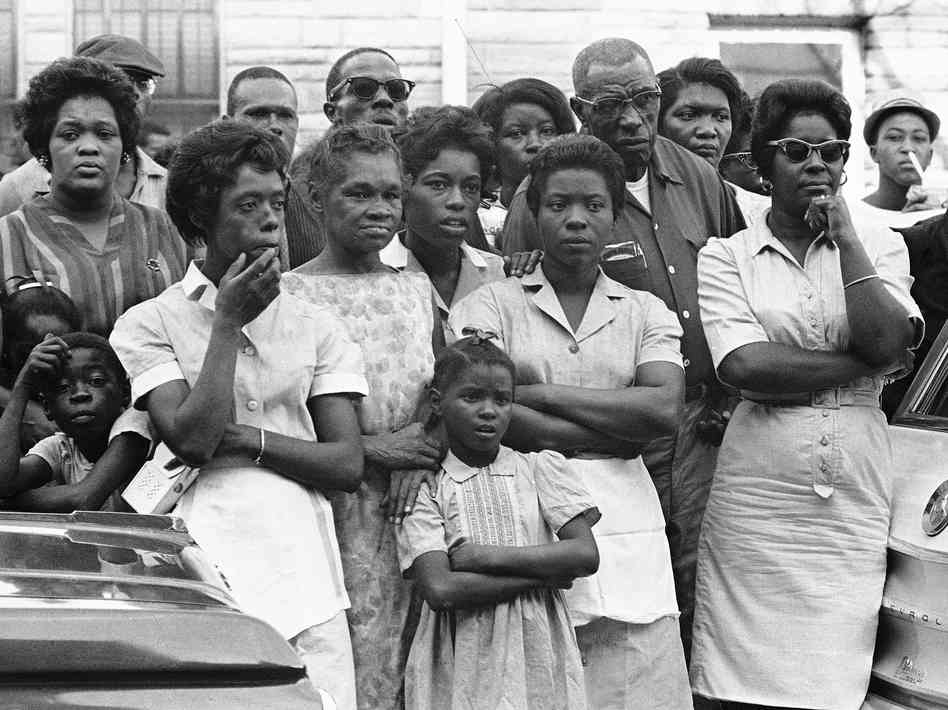
September 15, 2013 will mark the 50th anniversary of the tragic deaths of Addie Mae Collins, Denise McNair, Carole Robertson, and Cynthia Wesley in Birmingham, Alabama. The four girls, aged 11-14, were entering a Sunday school class when a planted bomb exploded at the city’s historically African American 16th Street Baptist Church. This act of racially-motivated violence galvanized the Civil Rights Movement and sparked a surge of momentum that helped secure the passage of the Civil Rights Act of 1964.
To commemorate their lives, U.S. Representative Terri Sewell introduced H.R. 360 to posthumously award Addie Mae, Denise, Carole and Cynthia with the Congressional Gold Medal, which along with the Presidential Medal of Freedom, is considered one of the highest civilian honors bestowed in the United States. The bill required the Secretary of the Treasury – and by extension, the United States Mint – to strike the gold medal, as well as bronze duplicates. After the bill passed the House 420-0 and, under the leadership of U.S. Senator Richard Shelby, passed the Senate by unanimous consent this spring, President Obama signed the bill into law on May 24, 2013.
Last week, with family members of the “four little girls” and civil rights leaders from across the country looking on, House Speaker John Boehner awarded the medal, entrusting it to the Birmingham Civil Rights Institute in Birmingham, AL, where it will be displayed. Treasury is humbled by the opportunity to play a role in honoring Addie Mae, Denise, Carole and Cynthia and their impact on American history.
![16th St Baptist Church 3-in Medal-obv_2000[3]](https://sdvoice.info/wp-content/uploads/2013/09/16th-St-Baptist-Church-3-in-Medal-obv_20003-250x250.jpg)

